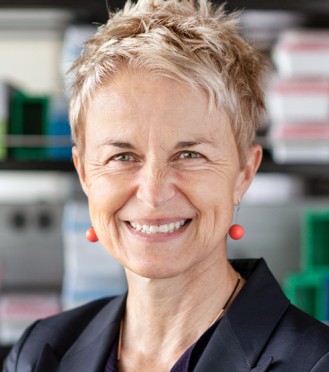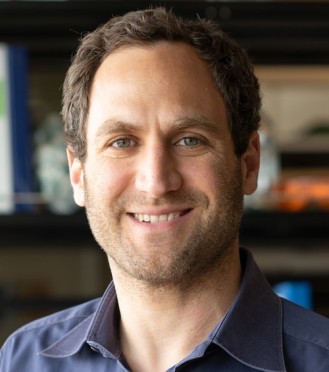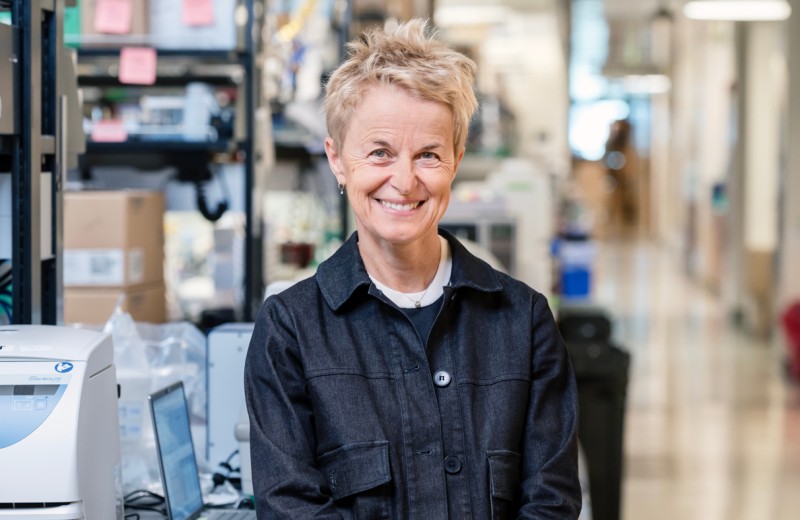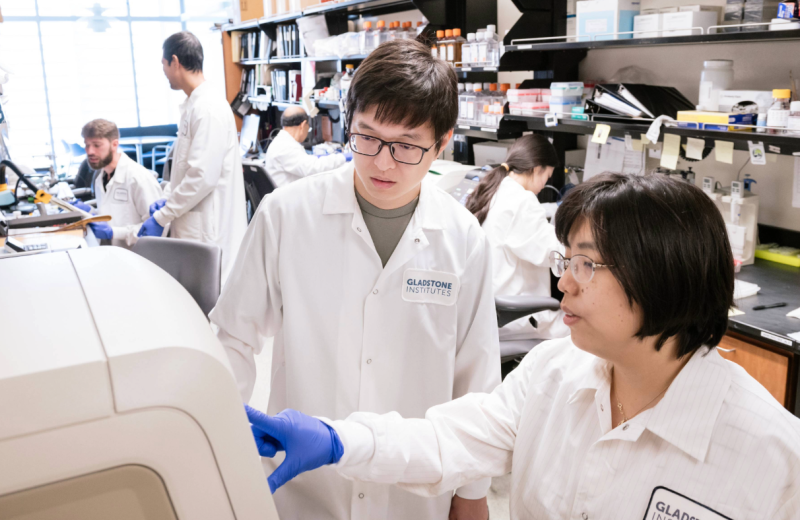Gladstone NOW: The Campaign Join Us on the Journey✕

Gladstone is expanding to include two new institutes.
Gladstone Institutes is launching two new biomedical research institutes to broaden its impact on unsolved diseases. The first is the Gladstone Institute of Virology, led by Melanie Ott, MD, PhD, which will study the current coronavirus, as well as search for novel therapies against future infectious diseases. The second is the result of a close partnership with UC San Francisco (UCSF); the Gladstone-UCSF Institute of Genomic Immunology, led by Alexander Marson, MD, PhD, will bring together genomics and immunology to develop next-generation cell therapies.
The two institutes are an evolution of the former Gladstone Institute of Virology and Immunology, which was led by Warner Greene, MD, PhD, since its establishment in 1991 and made significant contributions to the fight against HIV/AIDS.
“As the joint Gladstone-UCSF search committee met with eminent scientists from around the globe to find a new director for the Gladstone Institute of Virology and Immunology, Melanie and Alex stood out as exceptional candidates in terms of their research accomplishments and their scientific vision,” says Gladstone President Deepak Srivastava, MD, who chaired the search committee. “We realized they represent complementary, rather than alternative, directions for the future of Gladstone.”
“They are both remarkable scientists,” he adds. “We are honored to have them join our scientific leadership team and we look forward to the discoveries that will emerge from these new institutes.”
The Gladstone Institute of Virology will focus on how viruses interface with human host cells to cause disease and how to intervene in that process. Ott’s goal is to identify critical pathways that are common to human pathogenic viruses as a way to develop innovative treatments.
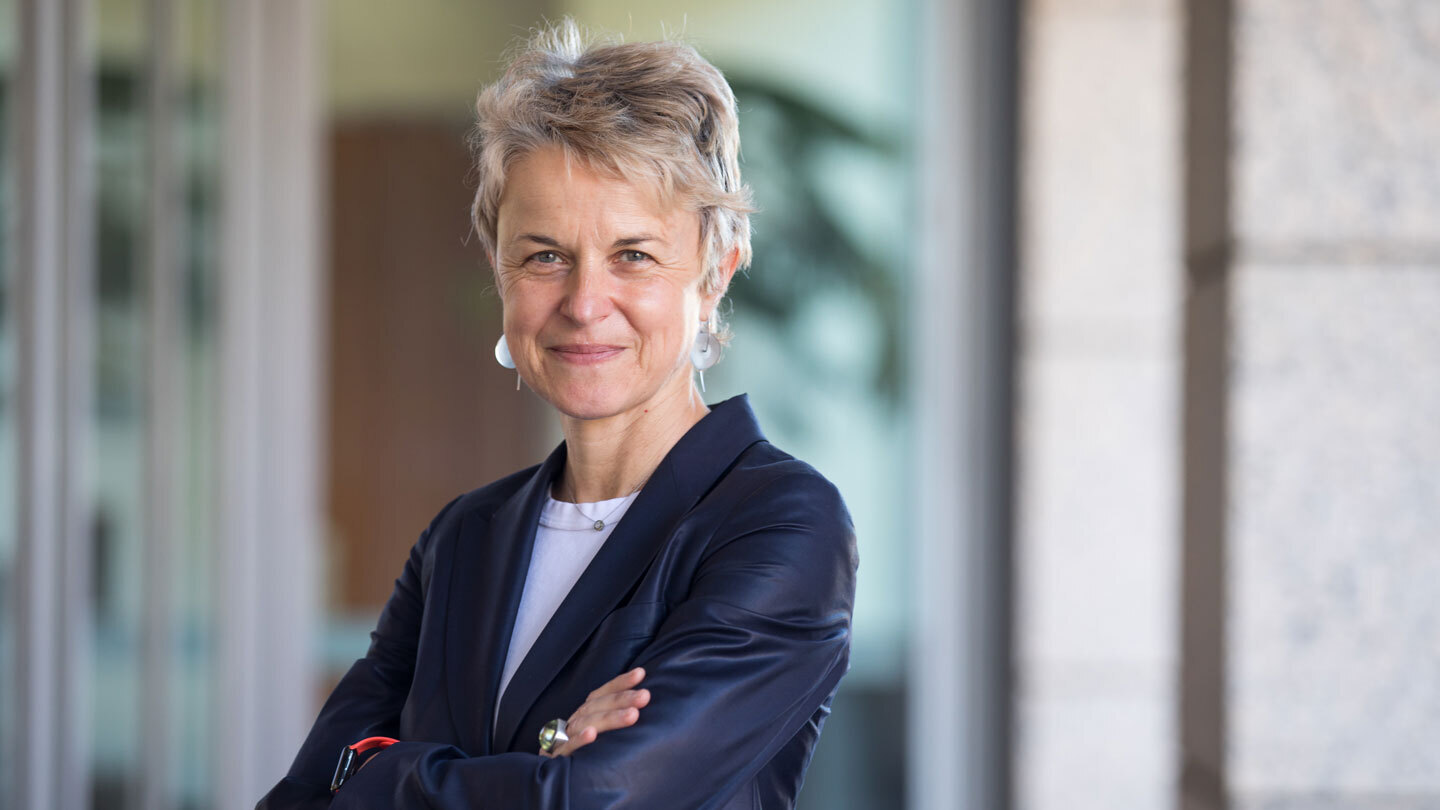
Melanie Ott joined Gladstone in 2002.
“Contrary to the current strategy of combining several drugs to treat one virus, we want to develop one drug against multiple viruses,” says Ott, senior investigator at Gladstone and professor in the UCSF Department of Medicine. “As antibiotic resistance becomes an increasingly urgent problem, we will also delve into how we can use viruses as therapeutics, which involves using viruses against themselves or to fight bacteria.”
Ott and her colleagues in the institute are concentrating their immediate efforts on the study of SARS-CoV-2, the virus that causes COVID-19. This work will continue to contribute important insights into the current pandemic through the development of rapid diagnostic, prevention, and treatment strategies, as well as help be better prepared for future coronavirus outbreaks and other emerging infections.
The Gladstone-UCSF Institute of Genomic Immunology will combine cutting-edge genomic technologies with gene editing and synthetic biology to better understand the genetic control of human immune cells and develop novel cell-based immunotherapies. Manipulation of the immune system holds great promise not only to treat cancer, but also for infectious diseases, autoimmune diseases, and maybe even neurologic conditions such as Alzheimer’s disease.
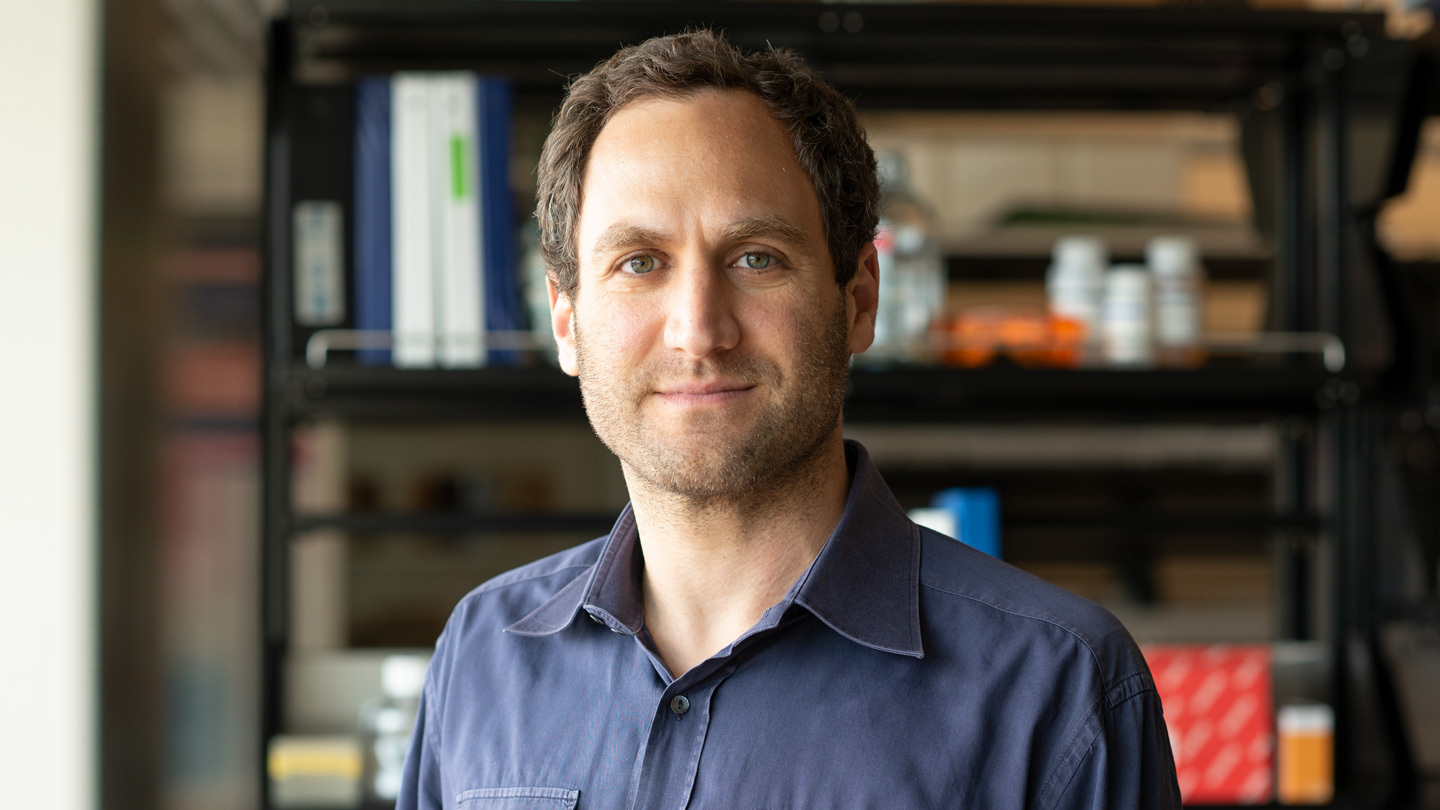
The Gladstone-UCSF Institute of Genomic Immunology will have lab space in Mission Bay and in Parnassus Heights.
“These rapidly advancing fields are starting to converge in ways that are too big for any single lab to take on,” says Marson, senior investigator at Gladstone and associate professor in the Departments of Medicine and Microbiology and Immunology at the UCSF School of Medicine. “The impetus to start a new institute was the realization that we need to create an ecosystem to bring together people with different perspectives to think about transformative opportunities for how patients can be treated in the future.”
Marson’s institute will have lab space at Gladstone, adjacent to UCSF’s Mission Bay campus, as well as at the University’s Parnassus Heights campus, creating a unified community across the two campuses.
“The importance of pursuing advances in virology and immunology for human health has never been more clear, and we at UCSF applaud Gladstone’s visionary leadership in establishing these two new institutes,” says UCSF Chancellor Sam Hawgood, MBBS. “Under Melanie and Alex’s excellent leadership, these research institutes—including the first-ever Gladstone-UCSF institute—will complement and enhance UCSF’s strengths in immunology and cell therapy, and will build on Gladstone’s established expertise in the host-pathogen interface and gene-editing technologies. Our long-standing partnership leverages the best of both institutions.”
For Media
Julie Langelier
Associate Director, Communications
415.734.5000
Email
About Gladstone Institutes
Gladstone Institutes is an independent, nonprofit life science research organization that uses visionary science and technology to overcome disease. Established in 1979, it is located in the epicenter of biomedical and technological innovation, in the Mission Bay neighborhood of San Francisco. Gladstone has created a research model that disrupts how science is done, funds big ideas, and attracts the brightest minds.
Support Discovery Science
Your gift to Gladstone will allow our researchers to pursue high-quality science, focus on disease, and train the next generation of scientific thought leaders.
One Person’s Final Gift to Science Gets Us Closer to an HIV Cure
One Person’s Final Gift to Science Gets Us Closer to an HIV Cure
A new documentary follows Jim Dunn’s end-of-life decision to donate his tissues to HIV research.
Institutional News HIV/AIDS Infectious Disease Roan LabBeyond Viruses: Expanding the Fight Against Infectious Diseases
Beyond Viruses: Expanding the Fight Against Infectious Diseases
The newly renamed Gladstone Infectious Disease Institute broadens its mission to address global health threats ranging from antibiotic resistance to infections that cause chronic diseases.
Institutional News News Release Cancer COVID-19 Hepatitis C HIV/AIDS Zika Virus Infectious DiseaseFueling Discovery at the Frontiers of Neuroscience: The NOMIS-Gladstone Fellowship Program
Fueling Discovery at the Frontiers of Neuroscience: The NOMIS-Gladstone Fellowship Program
The NOMIS-Gladstone Fellowship Program empowers early-career scientists to push the boundaries of neuroscience and unlock the brain’s deepest mysteries.
Institutional News Neurological Disease Mucke Lab NOMIS

